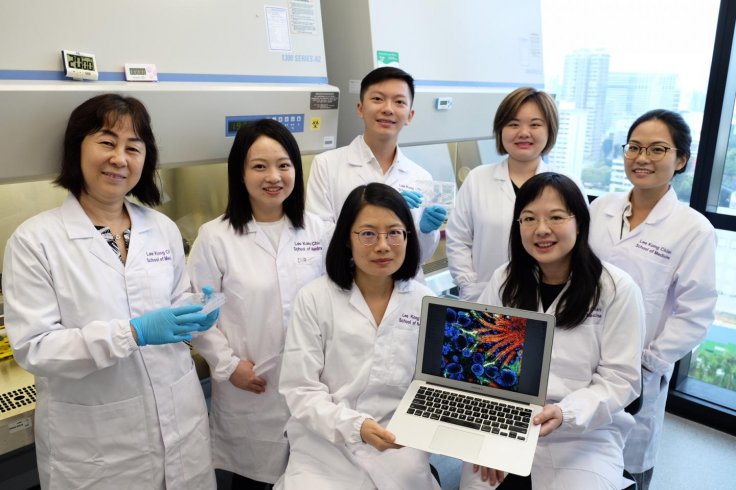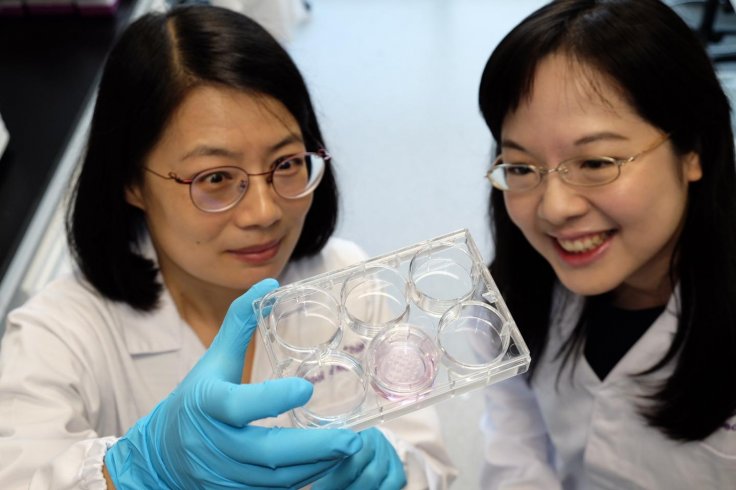
An international team of researchers has developed 'miniature kidneys' or kidney organoids in the laboratory that could be used to better understand the development and cure of kidney diseases in the human body.
It should be noted that this research was led by Nanyang Technological University (NTU) which earlier made headlines after its scientists developed a type of imaging probe that can detect an early stage acute kidney failure, which develops rapidly and could be fatal.
The mini kidneys were grown outside the body from skin cells derived from a single patient who has polycystic kidney disease. This disease is one of the most common inherited causes of kidney failure.
The researchers reprogrammed these cells to obtain patient-specific pluripotent stem cells, then used the kidney organoids to validate the therapeutic effects of two drug molecules with potential for treating genetic polycystic kidney disease.
The researchers said it showed the way to plan treatment specific to each patient by generating induced pluripotent stem cells from an adult patient with genetic kidney disease, and then growing kidney organoids from them.

NTU's Assistant Professor Xia Yun from Lee Kong Chian School of Medicine (LKCMedicine) said, "A patient's genetic makeup is closely intertwined with how their kidney disease will develop, as the type of mutation within the disease-causing gene can differ from patient to patient."
She mentioned that the kidney organoids, developed by Prof Xia and her team, have allowed the team to find out "which drugs will be most effective for this specific patient. We believe that this approach can be extended to study many other types of kidney disease, such as diabetic nephropathy."
A world-renowned stem cell scientist and an international collaborator of this study Professor Juan Carlos Izpisua Belmonte stated that even though the team is still quite far away from using these kidney organoids for replacement therapy but this study has made a small step closer to their ultimate goal.
However, as per the study, which was published in Cell Stem Cell, the kidney organoids may also offer new insights into human kidney development, which currently cannot be studied in depth due to concerns about human stem cell research.
NTU LKCMedicine Assistant Professor Foo Jia Nee, said, "We observed very robust and consistent development of blood vessel networks within our kidney organoids, which opens new doors to investigate the developmental origin of renal blood vessel networks, which is still not fully understood.
Prof Foo also believes that by using this novel organoid platform, "the team unexpectedly discovered a new source of renal blood vessels that may improve our understanding of kidney development."









